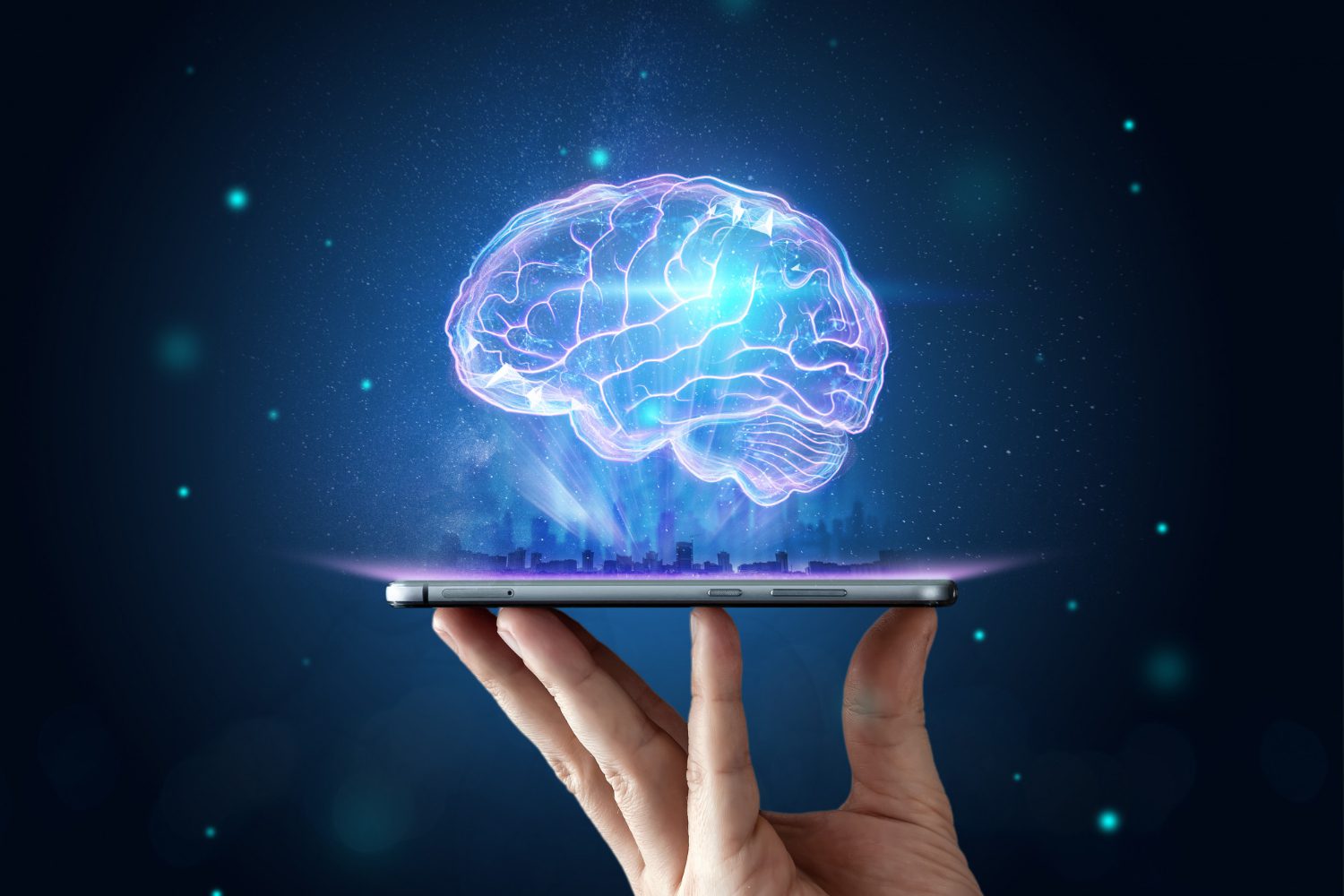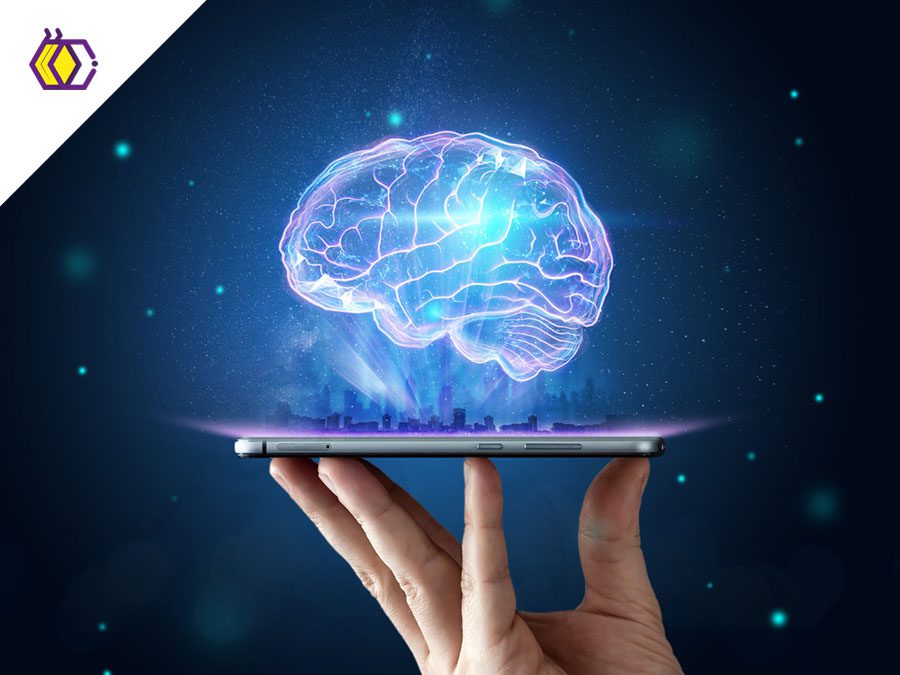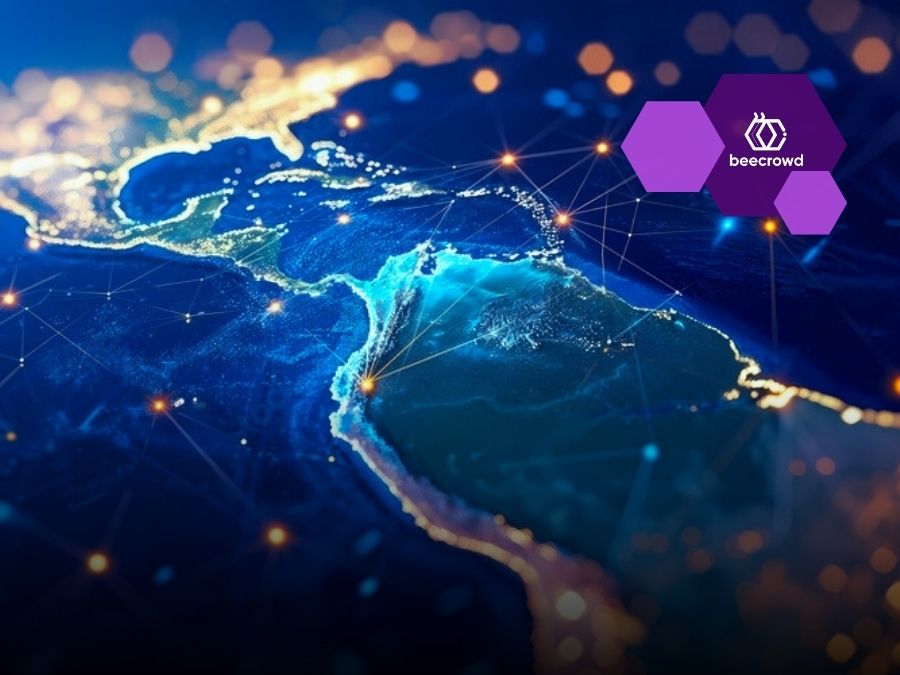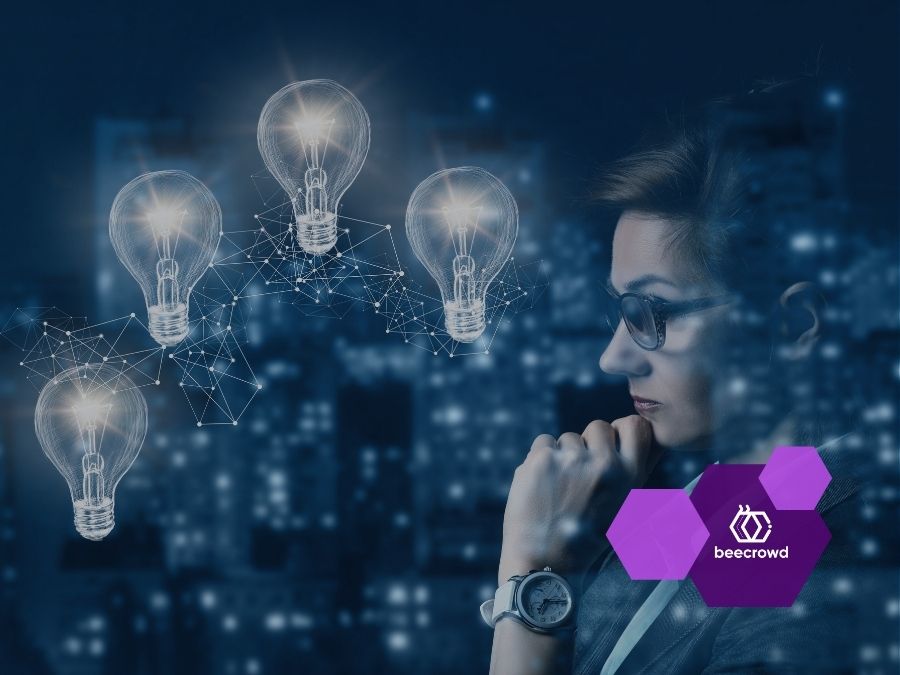

Ethics in Artificial Intelligence
(8 minutes of reading time) The development of artificial intelligence (or simply AI) began shortly after World War II, with the article "Computing Machinery and Intelligence" by English mathematician Alan Turing. The construction of intelligent machines has been of interest to humanity for a long time, with significant records in history of real mechanical automata, as well as fictional characters built by man with their own intelligence, such as Frankenstein. Such accounts, legends and fictions demonstrate man's contrasting expectations, of fascination and fear, in relation to Artificial Intelligence. Now what is the true meaning of artificial intelligence? In short: it is the ability of a machine to perform activities in a way considered intelligent. In other words, a technological device that must be able to simulate human skills such as analysis, reasoning, and perception of the environment. However, with greater potential for repetition, efficiency, and agility. Thus, computers, machines and systems can be trained to perform specific tasks. All this while processing large amounts of data (Big Data), recognizing patterns, and adapting their executions. The development of AI involves professionals from the following areas: technology, philosophy, linguistics, biology, psychology, neuroscience, among many others. AI TODAY Nowadays, AI is much more present in our lives than we realize. We are in contact with it all the time and many times we don't even realize it. Today we already entrust the AI with the choice of the movie we are going to watch or the music we are going to listen. In addition, Artificial Intelligence also helps companies understand the behavior of their customers, optimize logistics, do research, detect fraud, do facial identification, translate, play chess, and compose music. AI can even figure out what's inside a fridge and let users know what's out of stock, or suggest menus based on the ingredients the person has. The truth is that the use of AI is increasingly present in our lives. According to Israeli author Yuval Noah Harri, in the coming decades, Big Data and Artificial Intelligence will improve so much that they can make decisions for us, such as: choosing the romantic partner, choosing the profession with a Google search and choose what candidate to vote for in an election. Also, according to Yuval, the trend is that, over the years, we come to trust algorithms more than ourselves. ETHICS IN AI The word ethics comes from the Greek ethos which means "one who has character". It is an area of philosophy that is dedicated to understanding, discussing, and postulating about moral matters. The ethics and morals in AI have long been discussed. Since when technology was just an idea present in science fiction works, many questioned the limits of the application of Artificial Intelligence. In his works, the famous writer and scholar Isaac Asimov developed the “Three Laws of Robotics”, with the aim of making possible the coexistence of humans and intelligent robots: 1st Law: A robot may not injure a human being or, through inaction, allow a human being to come to harm. 2nd Law: A robot must obey orders given to it by human beings, except where such orders conflict with the First Law. 3rd Law: A robot must protect its own existence if such protection does not conflict with the First or Second Laws. Asimov later added the "Zero Law", which is above the others and states that a robot may not harm humanity or, through inaction, allow humanity to come to harm. As human beings we know what is right and wrong. And the same happens with companies that are controlled by corporate governance. Now, when we talk about Artificial Intelligence, the question is: how can we insert the notion of right and wrong into machines? AI is not aware of itself. It works on the data it receives and learns from it (Machine Learning). The problem is that when dealing with ethical issues, AI can only separate right from wrong based on the data it has received. Alone, she doesn't have that power. In addition, technology has no knowledge about itself, much less has the feeling of empathy, which is fundamental to ethics. As Artificial Intelligence is trained, that is, it depends on its developer, if the developer himself has bad intentions, the machine will be trained to these standards. HOW TO TEACH ETHICS TO A MACHINE It is up to us human beings to teach AI what is right or wrong, now it is possible for machines to be able to surpass a person in ethical decisions, after all they are devoid of emotions. In moments of panic, people often forget ethics and follow their instincts, as for example in a car accident in which the driver runs away without helping the victim, for fear of punishment. The self-driving car is one of the greatest examples of ethical decision-making that we will find when talking about AI. The autonomous car, in addition to avoiding accidents due to human errors such as lack of attention, follows ethical guidelines better than humans in times of crisis, if it is programmed for that. It can be configured to stop and help strangers in trouble or change lanes to save the life of a child who gets in its way. Yuval Noah Harari says automakers like Tesla or Toyota will be able to offer men two types of self-driving cars, one selfish and one altruistic. The first will be programmed to preserve the owner's life at any cost, even if it means killing other people. The second will sacrifice the owner for a greater good. Who will choose the model will be the consumer from his philosophical vision? Another example cited by Harari in his book “21 Lessons for the 21st Century” is the selection process for companies. If the algorithm that selects CVs for a job is programmed to ignore the race and gender of applicants, it will likely prevent many instances of discrimination in the world of work. In other words, AI is not perfect and, just like us humans, machines can also make mistakes. And the biggest flaw is in its creation process, which can be influenced by programmers' biases, political ideologies, prejudices, and economic interests. We cannot forget that with advances in technology, there are numerous risks, but on the other hand, this progress results in a better life for humanity. The real potential of Artificial Intelligence is still very broad and uncertain, but it will undoubtedly bring many benefits to our lives if it is implemented with great ethics and responsibility. Do you like our content? So, follow us on social media to stay on top of innovation and read our blog. Reference: https://bit.ly/3r2hSxq https://bit.ly/3LKN8ZI https://bit.ly/3uQOATI https://bit.ly/38v6zYo
Share this article on your social networks:
Rate this article:
[yasr_visitor_votes size=”medium”]



